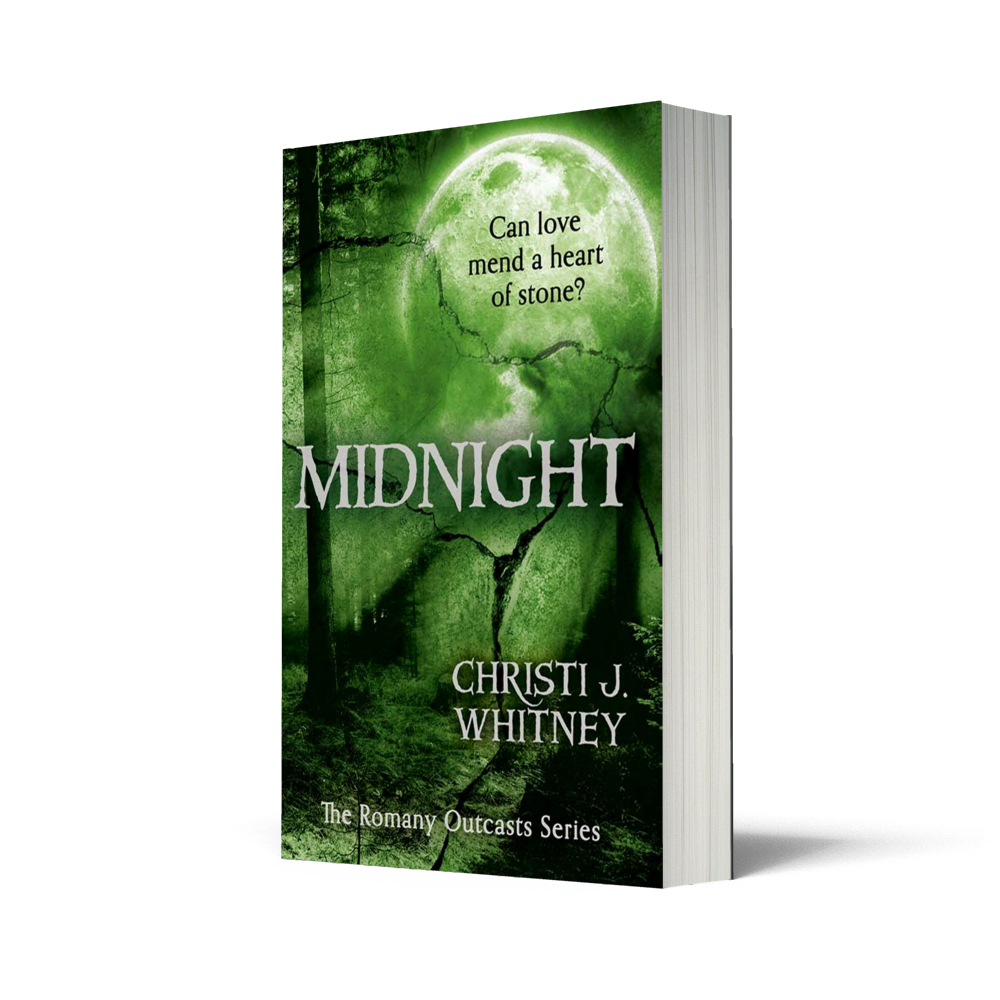November is nearly over, which means NaNoWriMo is also coming to an end – well, the writing part, at least. Anyone who has ever participated in this annual phenomenon will know exactly what I’m talking about. If you haven’t, here it is in a nutshell: NaNoWriMo presents you with the challenge of writing a 50,000 word novel during the month of November. It’s a fantastic exercise in both creative writing and determined discipline.
When I wrote Grey, the first book in The Romany Outcasts Series, I had no idea what NaNoWriMo was, much less how to participate. But shortly after finishing my novel, I joined a writer’s group and heard all about it. Since then, I have participated multiple times. Have I always finished? Absolutely not! But the point is to get writing, no matter whether you make the word count or not.
But let’s say you did finish a novel. What next?
The temptation can be to start sending your work out to everyone. (Believe me, I’ve been there.) However, since December tends to be a slow month in the publishing industry anyway, now is actually the perfect time to begin honing that story into a finely-tuned novel.
December is the perfect time to revise and edit your manuscript. I know, I know . . . it sounds impossible, right? There are decorations to arrange, presents to shop for, and you have to navigate the general bustle of the season. But the winter months also provide early darkness, cooler weather, and opportunities for cozying up in front of the fire.
Which means there is opportunity for revising. Many people find that writing new material is the easiest part of the writing process. But I’ve never felt that way. Writing on a blank page is difficult for me. When I’ve finally finished the story and it’s time to go back and dig in, that’s what I enjoy most. No more stressing over new ideas and how to get them on paper. Instead, I get the chance to make what I’ve brought into existence as excellent as it can be.
What if you aren’t ready to dive into revisions? Then use December as a time to step away from your project for a while. If you can find readers to look it over during this month, that’s great. If not, don’t worry. Just take December off from your project entirely and come back to it in January with fresh eyes.
Setting aside recently completed manuscripts for a bit works well for many writers. It may work for you. If you’re like me, your time away from your project might only be a few days. And that’s okay, too. Everyone approaches writing and revising differently. The point is, don’t stick that story up on a shelf. Do something with it. Nothing is ever wasted in writing. Even if you don’t end up publishing your novel, you learned from it. You revised and edited. You practiced how to discipline yourself and finish something you set you mind to finish. You reached out to other people to read your work. You aren’t hiding your writing; you’re out in the open and working diligently to improve yourself every day.
My debut novel Grey was a direct result of this process. I was fortunate to have a talented critique group who helped me strengthen my manuscript. As writers, we can be both proud and timid when it comes to our stories. But finding honest readers and critique partners was the best thing I ever did for my writing. It was only after plunging into several deep revisions that I felt Grey was ready to submit to agents and publishers.
And now, several years later, my debut novel has blossomed into a trilogy with Harper Voyager.
Whatever you decide to do with your December and the months beyond, trust your own process and keep writing. Only you can tell the story that’s in your heart.
Christi J. Whitney is the author of Midnight, the final volume in The Romany Outcasts Series.

